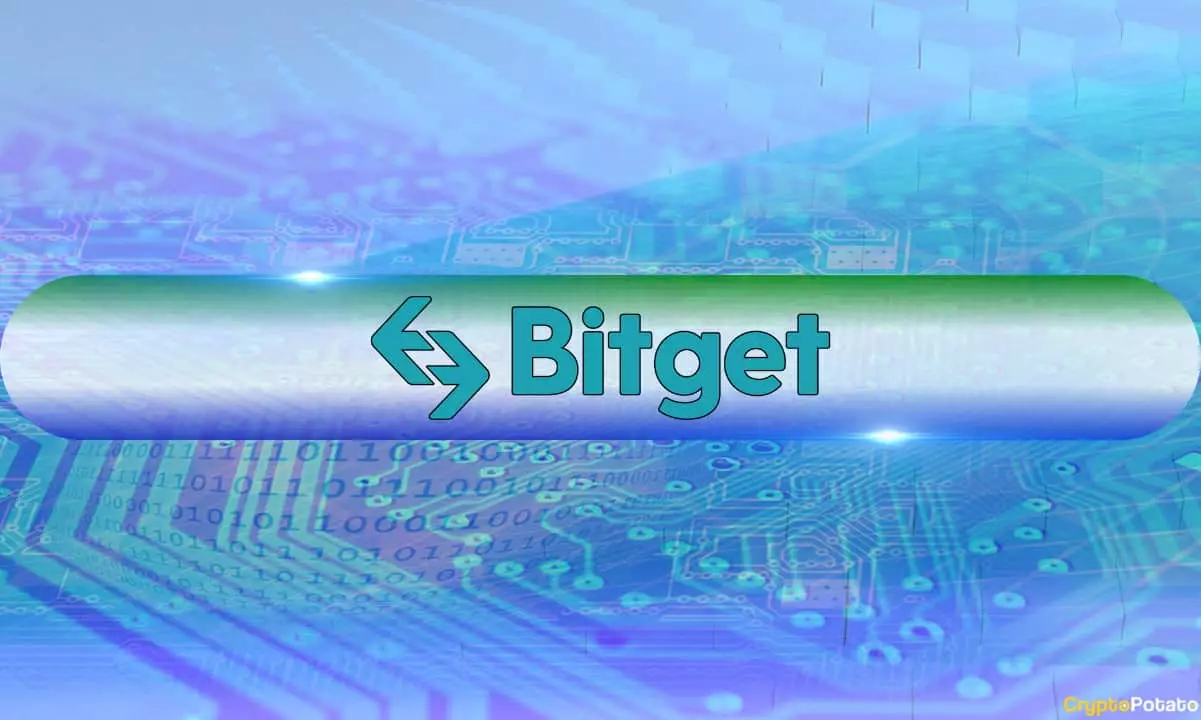On April 20th, Bitget, a relatively major player in the crypto exchange arena, found itself embroiled in scandal when it announced the suspension of several accounts following an unusual surge in trading activity involving VOXELUSDT perpetual futures. This incident, marked by erratic price spikes that far outpaced typical trading norms, raises significant questions about the integrity and reliability of centralized exchanges in managing their markets.
While Bitget aims to position itself as a trustworthy platform, their response to the alleged manipulation suggests deeper, unexamined flaws within their operational protocols. The reported 300% increase in the value of VOXEL, a token from the Polygon-based game Voxie Tactics, reflects more than just an explosive rise in interest; it indicates a system vulnerable to exploitation. When users boast of turning modest investments into life-changing sums—like a mere $100 morphing into six-figure profits—it becomes imperative to scrutinize the mechanisms that allow such fluctuations to occur unchecked.
The Reaction—Too Little, Too Late?
Bitget’s decision to initiate a rollback of all trades marked with suspicion, as well as to compensate users who faced losses, appears commendable at first glance. However, this response can be viewed as reactive rather than proactive. Shouldn’t exchanges be equipped with robust monitoring systems to prevent such manipulation from occurring in the first place? The reality is that systems fail, and these failures can lead to significant financial consequences for ordinary traders who rely on the platform’s stability.
Interestingly, this debacle rekindles memories of the Hyperliquid-JELLY incident from March 2025. During that episode, rampant market manipulation led Hyperliquid to delist a token to curb chaos, a decision that drew heavy criticism. Bitget’s CEO, Gracy Chen, previously admonished Hyperliquid for undermining user trust, yet her current organization now grapples with similar scrutiny. The cycle of mistakes—blindly repeating past errors—highlights the absence of industry-leading practices that should actively prevent these disastrous outcomes.
Centralized Exchanges: A Breeding Ground for Abuse
The incident once again lays bare the inherent shortcomings of centralized exchanges and raises legitimate concerns about their function as market custodians. Events like these are tragic; they not only result in financial losses for keen traders but also fuel a growing sentiment that these platforms cannot be trusted. The landscape of cryptocurrency trading is predominantly decentralized for a reason—it’s designed to empower users and lessen reliance on potentially unscrupulous entities.
Are we reaching a tipping point where the cracks in these centralized structures are too pronounced to ignore? As the number of users affected accumulates and as Bitget fulfills its promise to compensate, industry observers must recognize that genuine trust cannot be purchased through compensation alone. Systematic changes are necessary to build an infrastructure that actively nourishes, rather than exploits, its user base.
The Future of Trust in Trading
Ultimately, the Bitget incident serves as a cautionary tale about the volatility not just of digital currencies, but of the platforms that facilitate their exchange. Whether this event will catalyze meaningful change in policies or merely fade into the annals of crypto history remains to be seen. One thing is crystal clear: without a seismic shift in accountability and safeguarding measures, the specter of manipulation will continue to loom ominously over centralized exchanges. The trust deficit is palpable. It’s high time for exchanges like Bitget to step up to the plate and rebuild faith among their users—and not just through reactive measures when chaos ensues.














